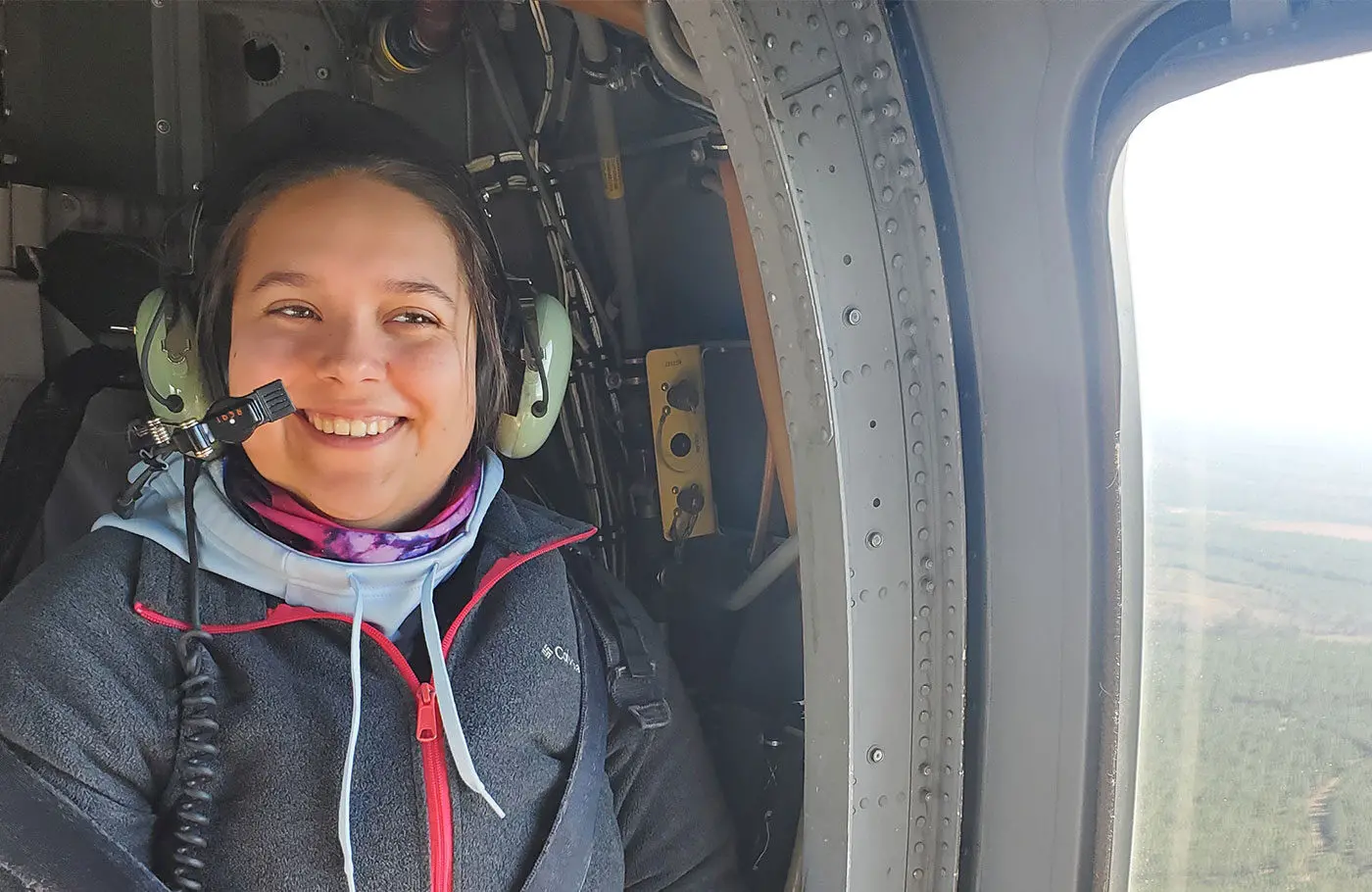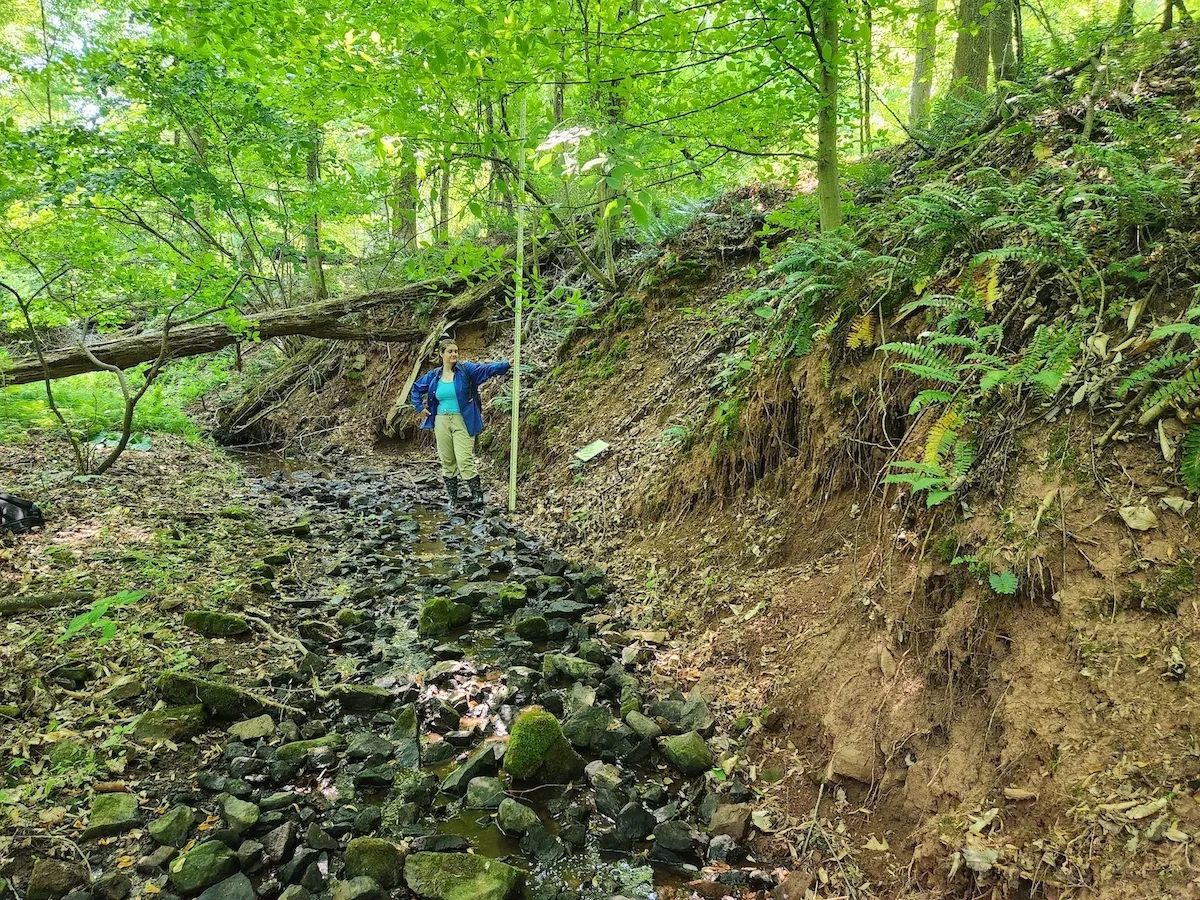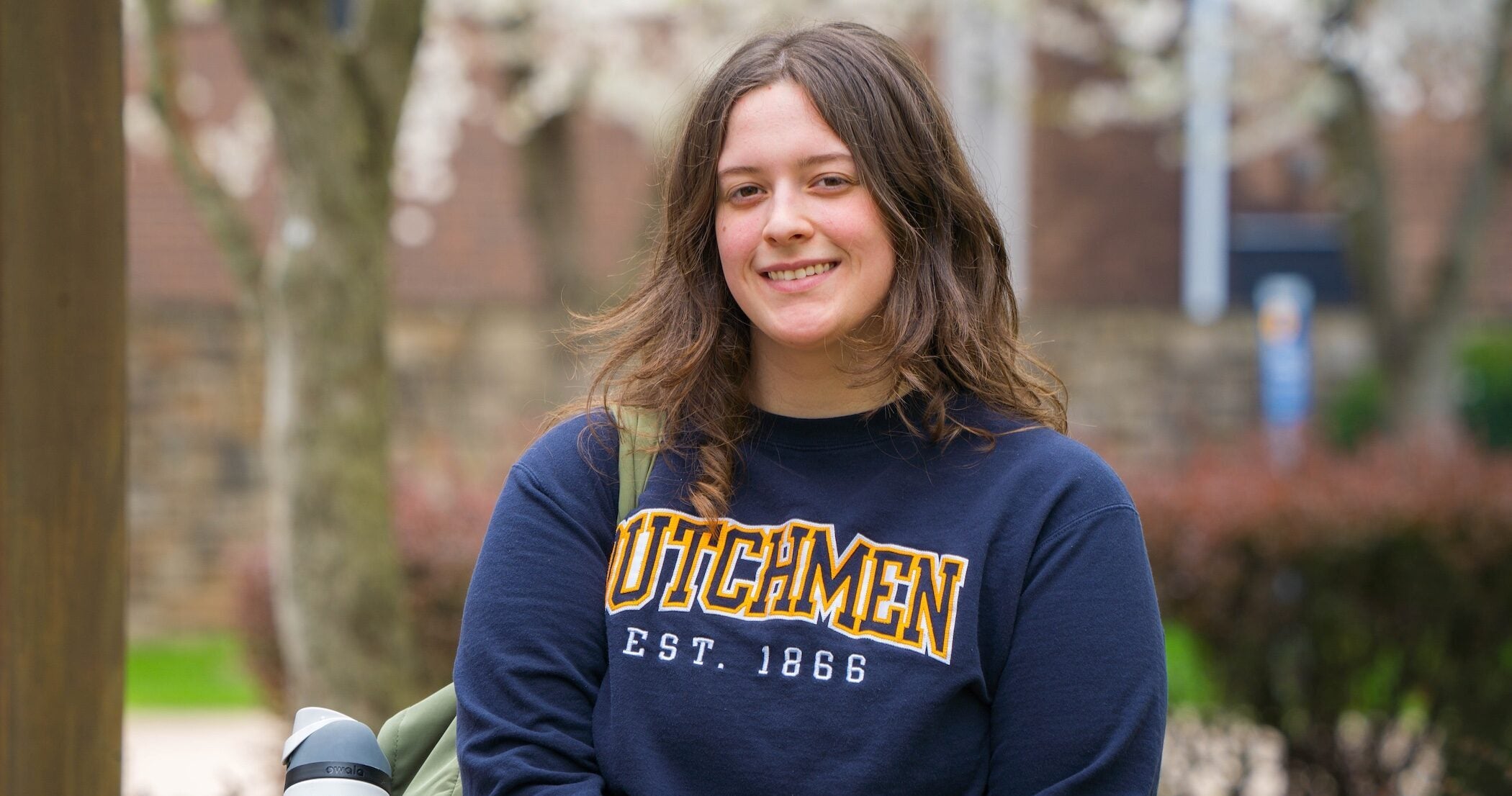
LVC News
- Accounting
- Accounting/MBA 3+1
- Actuarial Science
- Allwein Scholars
- Alumni Profiles
- Athletic Training
- Athletics
- Awards
- Biochemistry & Molecular Biology
- Biology
- Breen Center
- Business Administration
- Campus
- Chemistry
- Clinical Exercise Physiology
- Clinical Mental Health Counseling
- Community Service
- Computer Science
- Creative Arts
- Creative Writing
- Criminal Justice
- Data Science
- Digital Media
- Economics
- Education
- Engineering
- English
- Environmental Science
- Esports
- Exercise Science
- Faculty Profiles
- Gallery
- German
- Giving
- Graduate Studies
- History
- Honors
- Intelligence and Cybersecurity
- Interaction Design
- International Business and Policy
- LVEP
- Marketing
- Mathematics
- MBA
- Medical Humanities
- Medical Laboratory Science
- Music
- Music Education
- Music Production
- Neuroscience
- Nursing
- Physical Therapy
- Physics
- Political Science
- Pre-Law
- Pre-Medical Professions
- Psychology
- Self-Designed
- Social Justice and Civic Engagement
- Sociology
- Spanish
- Speech-Language Pathology
- Sport Performance
- STEM Education
- Student Profiles
- Study Abroad
- Sustainability
- Transfer
- Undecided/Exploratory
First Environmental Science Graduate Now Working in Colorado

LVC’s Environmental Science Program enables graduates to follow various career paths, and it started with the program’s first graduate of the relatively new major. Abigail Corbin ’18 recounts how she became fascinated with environmental science after taking a class on Conservation Biology in her junior year.
“I enjoyed learning about the complex processes and interactions between living and non-living things,” said Corbin. “Everything in an ecosystem plays a role in the bigger picture, and I wanted to learn more about it. More importantly, I wanted to learn how people could apply this thinking to future environmental issues.”
Corbin praises the program for providing hands-on field experience at various local outdoor sites, including the Wood Thrush Research Preserve on campus, Quittie Creek Nature Park, and Middle Creek Wildlife Management Area, where her class performed interesting lab activities.
“These labs made me realize that I wanted a career where I could work outside and enjoy the little things, like rain or shine,” Corbin stated, referring to labs where observed animal migration and behaviors.
Corbin was the first to graduate of the Environmental Science Program, which was added just in time for her senior year. She studied invasive species, ecology, and wildlife management. She thanks Dr. [Rebecca] Urban, director of environmental science and professor of biology, and Dr. [Doug] Becker, assistant professor of biology, for making that possible and helping her maximize her time in the program. Her professors were also helpful during her job search senior year, providing resources and recommendations and serving as references.
“Dr. Urban forwarded job announcements to me during the end of my senior year, and she was always available for questions or concerns while I was applying. I started my career through one of her forwards, which was very helpful.”
Corbin is enrolled in supplemental certification programs after completing her masters of natural resources stewardship while working for Colorado State University’s Center for Environmental Management of Military Lands. She is the land rehabilitation and maintenance coordinator and responsible for identifying environmental and safety concerns in military training areas.
“The major concerns are erosion, flooding, and damage from military vehicles. Once identified, I create repair and maintenance projects. I frequently work outdoors and develop field projects, including taking pictures and measurements, collecting GPS data, and drawing up designs. In the office, I edit the GPS data, create GIS maps, and compose all field materials into a formal statement of work.”
In addition, Corbin works with heavy equipment operators, completes administrative tasks, and maintains safe training grounds for soldiers around the country. She enjoys spending as much time as possible outdoors, even in terrible weather. While stationed in Fort Polk, she experienced two hurricanes in quick succession and took charge of the cleanup efforts.
“We worked through approximately 200,000 acres with just 11 people not once, but twice. It was tiring and stressful, but it was also a great feeling to be a part of something much larger.”
Corbin advises environmental science students to start early and find programs that align with their interests. She suggests seeking volunteer programs through nonprofits or the state’s Department of Environmental Protection to gain experience and start networking early. She also recommends looking for positions that match those interests and studying the job requirements to build the best résumé for the job. Corbin ends noting, “There is a place in environmental science for everybody and plenty of work to be done.”
— Abbie Hoffer ’23, Marketing & Communications Intern




